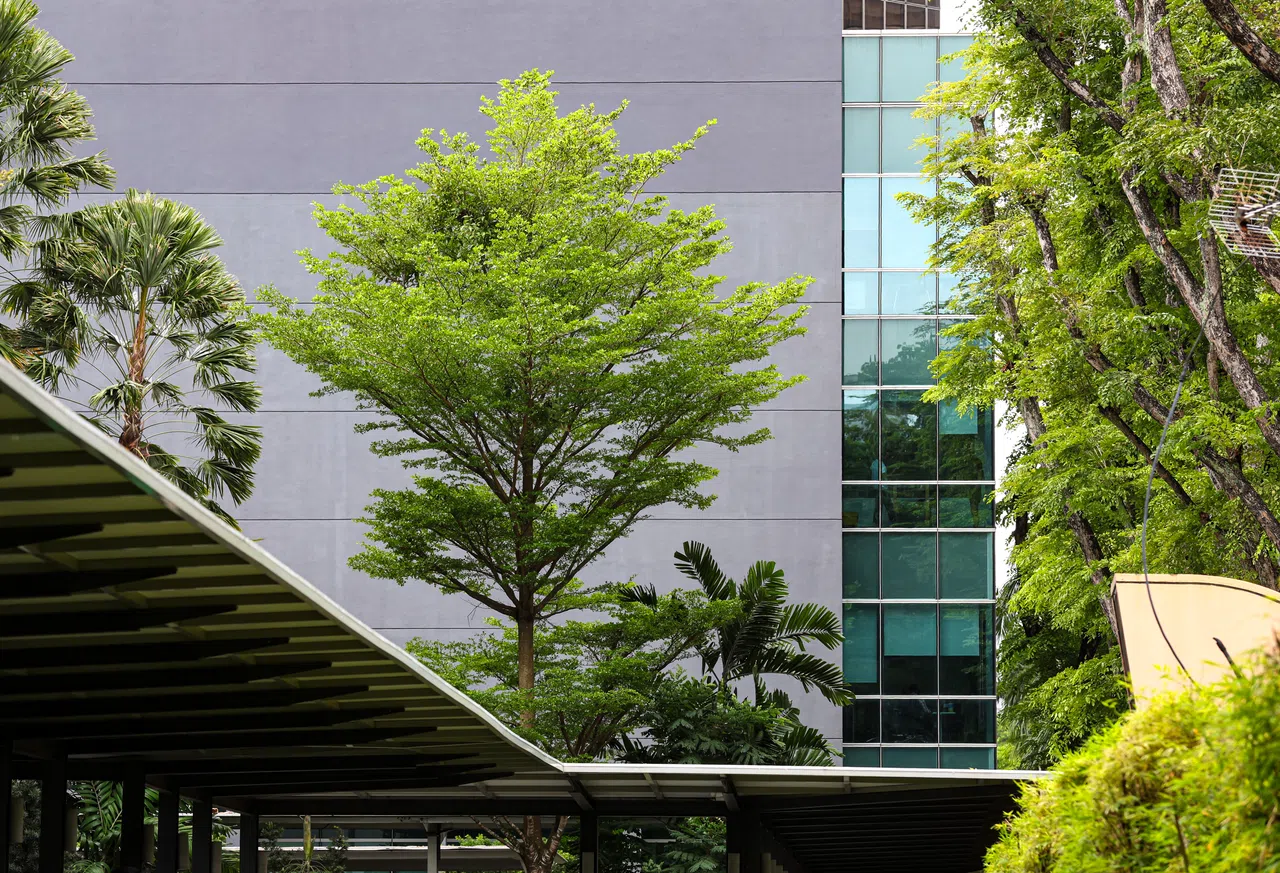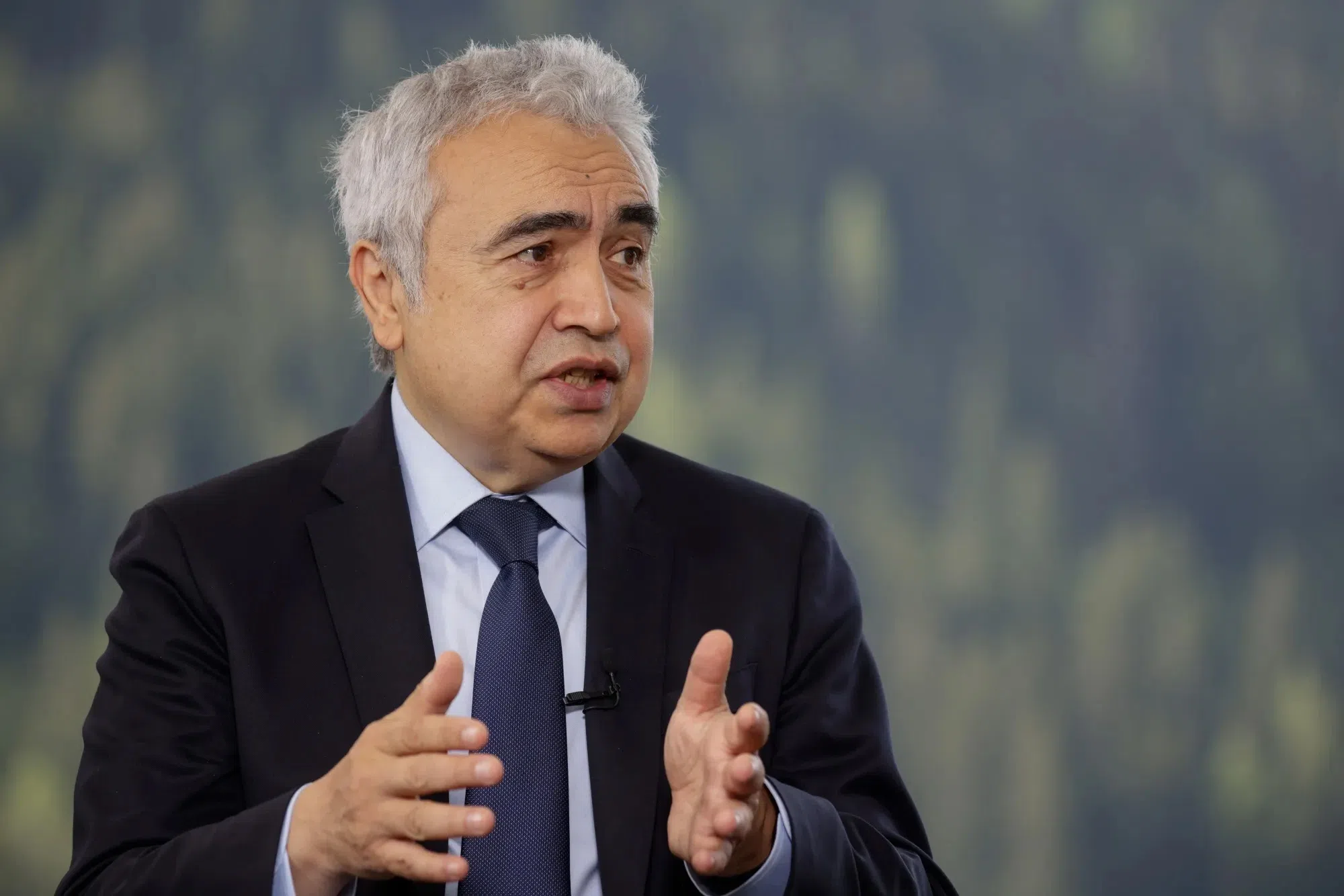ENTERPRISE Singapore (EnterpriseSG) and the Singapore Economic Development Board (EDB) will launch the sustainability reporting grant (SRG) on Nov 1 to help companies produce their first International Sustainability Standards Board’s (ISSB)-aligned sustainability report in Singapore before mandatory reporting takes effect.
The initiative will support Singapore-incorporated companies impacted by or those who are preparing for mandatory climate related disclosures in the Republic, EnterpriseSG said in a media statement on Monday (Oct 21).
Singapore Exchange Regulation (SGX RegCo) last month announced that it will start adopting the latest standards developed by the ISSB, a global accounting standards body, into its sustainability-reporting regime.
Under this enhanced sustainability-reporting regime, Singapore-listed companies must start reporting their Scope 1 and Scope 2 greenhouse gas emissions from the 2025 financial year.
Earlier this year, the Singapore government also announced it will mandate climate-reporting aligned with ISSB standards for listed and non-listed companies. This was first proposed in July 2023 by a committee led by the Accounting and Corporate Regulatory Authority (Acra).
The SRG will assist companies in producing their first sustainability report aligned with the ISSB standards, as required by SGX RegCo and/or Acra. It will also help with the company’s external assurance statement, minimally for limited assurance for Scope 1 and 2 emissions.
A NEWSLETTER FOR YOU
Friday, 12.30 pm
ESG Insights
An exclusive weekly report on the latest environmental, social and governance issues.
Scope 1 covers an entity’s direct emissions while Scope 2 covers indirect emissions from the generation of the electricity purchased to power a company’s operations.
Eligible companies for the SRG include locally incorporated SGX-listed companies of any revenue level, as well as non-listed companies with annual revenue exceeding S$100 million.
The grant will defray up to 30 per cent of qualifying costs capped at S$150,000, whichever amount is lower. Qualifying costs can comprise consultancy and external assurance services, manpower training, as well as the purchase of equipment and software needed to prepare an ISSB-aligned sustainability report.
Companies with 30 per cent local shareholding can apply for the grant through EnterpriseSG’s website while other companies can apply through EDB’s website.
Supporting SMEs
EnterpriseSG will also assist Singapore small and medium-sized enterprises (SMEs), with revenue of less than S$100 million, that are not required to do climate reporting but wish to prepare early for their first sustainability reports through a new SME sustainability reporting programme launching on Nov 1.
Under this programme, EnterpriseSG will partner three service providers – Deloitte, EY and RSM – to offer advisory services to assist SMEs in preparing their first sustainability reports at “cost competitive rates”.
The services will cover key areas in sustainability reporting such as identifying material areas, collecting data and quantifying emissions, and report drafting in line with international reporting frameworks Global Reporting Initiative or Task Force on Climate-Related Financial Disclosures.
SMEs can apply for the programme through the websites of service providers starting on Nov 1.
SMEs prioritising sustainability reporting will be “better equipped to identify and mitigate risks, optimise their operations and build a sustainable business”, said Geoffrey Yeo, assistant managing director for capabilities, urban systems and solutions at EnterpriseSG.
“It can also be a competitive advantage, providing SMEs with an edge in securing contracts or sustaining business relationships,” he added.
Under the programme, EnterpriseSG will cover 70 per cent of eligible costs for SMEs that apply for support from 1 Nov 1, 2024, to Mar 31, 2026, and 50 per cent for applications submitted from Apr 1, 2026 to Oct 31, 2027.
This coverage aligns with the existing support levels under the Enterprise Development Grant, which currently offers funding of up to 70 per cent of the total cost for sustainability projects.




